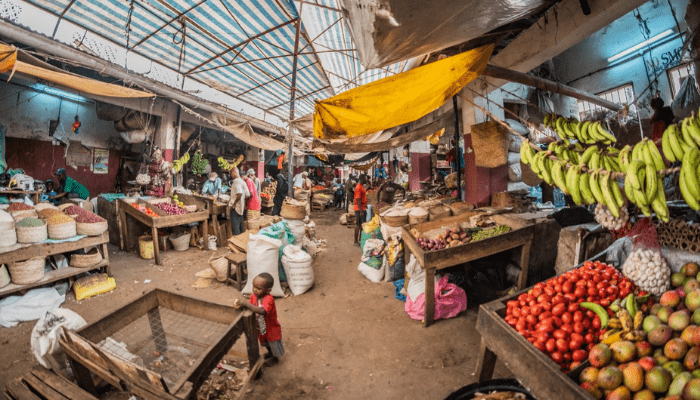Across Nigeria, formal business registration is often promoted as the key to growth, stability, and access to finance. On paper, joining the formal economy opens doors to visibility, protection, and new opportunities. Yet, in practice, millions of small and micro-entrepreneurs continue to thrive informally, far removed from government systems and official recognition.
Despite continuous awareness campaigns and policy reforms, most of Nigeria’s micro and small enterprises still operate outside regulatory frameworks. Many entrepreneurs see little value in registration — not out of defiance, but due to harsh economic realities that prioritize survival over structure.
According to the Moniepoint Informal Economy Report 2025, a large percentage of small business owners do not perceive formalisation as essential. For them, it’s a distant ambition overshadowed by the daily struggle to earn and sustain their livelihoods.
These enterprises — often found in busy markets, small shops, and local communities — focus primarily on immediate cash flow. Paperwork, tax registration, and regulatory compliance appear secondary to their daily hustle. This mindset, while understandable, continues to limit Nigeria’s broader economic potential.
Experts argue that this persistent informality deprives many promising small businesses of vital access to finance, digital tools, and growth support. However, the roots of the problem go beyond reluctance — they stem from deep-seated socio-economic patterns.
Why Informality Persists
1. Operating Informally Is the Norm
For many entrepreneurs, informality isn’t a deliberate choice; it’s simply how business is done. They operate within tight-knit community structures where trust and reputation often replace paperwork. The idea of official registration rarely comes up until the business is already well-established.
2. Survival Comes Before Structure
Many small ventures emerge out of economic necessity. With limited job opportunities, individuals create businesses to survive rather than to build scalable enterprises. Registration feels like a future concern — something only relevant once the business grows beyond daily sustenance.
3. Low Perceived Value of Registration
A key deterrent is the lack of visible, short-term benefits. To most small traders, registering a business doesn’t guarantee access to loans, customers, or government support. Until they see direct rewards, many remain convinced that formality adds cost without value.
4. Misconceptions About Cost and Complexity
The process of registration is often seen as costly, bureaucratic, and time-consuming. Many entrepreneurs are unaware of simplified procedures or digital platforms designed to make registration easier and cheaper. These misconceptions continue to discourage participation in the formal economy.
Insights from Industry Leaders
Dr. Dotun Olowoporoku, Managing Partner at Ventures Platform, believes that formalisation must be designed to reward participation, not punish it.
“Most entrepreneurs still see registration with agencies like the CAC or FIRS as a burden,” he explained. “To change this, the government should integrate digital one-stop platforms that combine registration, tax filing, and access to support programs.”
He recommends offering tax holidays or simplified tax structures for nano-businesses earning below ₦250,000 monthly. This, he notes, would ease fears that registration exposes them to unaffordable taxes — a concern shared by nearly 89% of informal operators.
Olowoporoku also advocates for a tiered registration system that scales with business size. Under such a model, new micro-businesses could register easily with little to no cost for an initial probationary period. As they grow, their registration tier — and obligations — could increase gradually. This flexible approach would encourage more informal traders to transition formally without feeling penalized.
Policy Shifts Offering Hope
Recent regulatory updates such as the Nigerian Insurance Industry Reform Act (NIIRA) 2025 and amendments to the Banks and Other Financial Institutions Act (BOFIA) have introduced measures to simplify compliance and strengthen consumer protection. These reforms aim to make formality more beneficial by connecting it to access to credit, pensions, and micro-insurance.
If effectively implemented, these frameworks could make participation in the formal economy not only affordable but also financially rewarding.
The Road Ahead
For Nigeria to fully unlock the potential of its informal economy, formalisation must be easier, faster, and more rewarding than informality.
Streamlined registration processes, targeted tax incentives, and improved awareness about the tangible benefits of formality can transform small survival-driven ventures into sustainable businesses.
By turning formalisation from an obligation into an opportunity, Nigeria can bridge the gap between economic potential and reality — and empower millions of entrepreneurs to build stronger, scalable businesses for the future.

